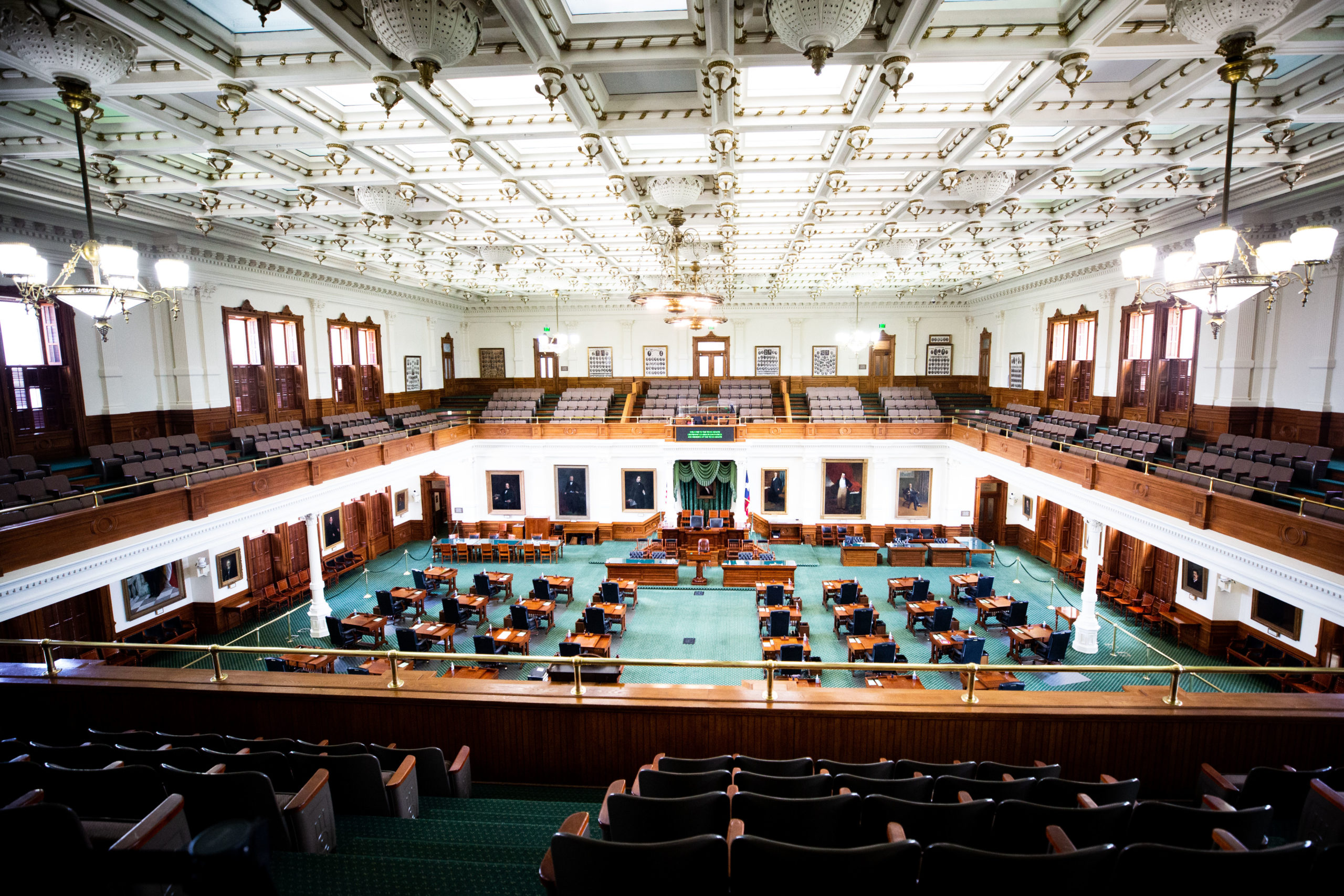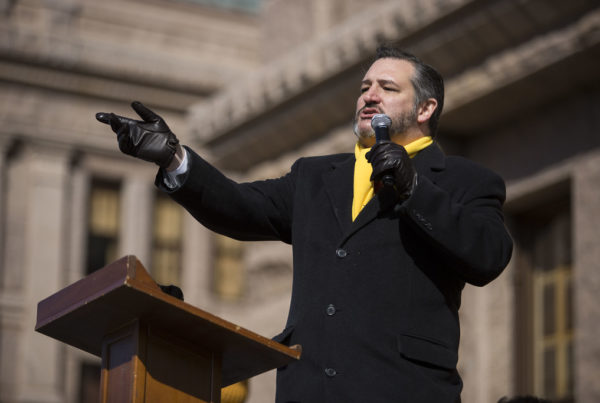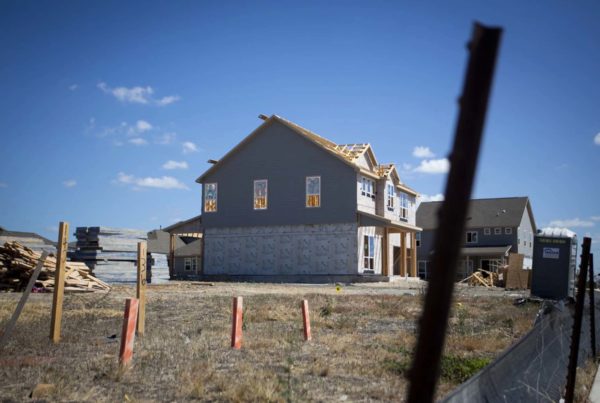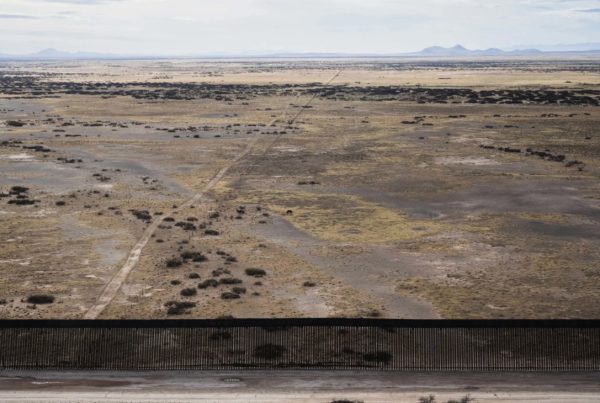In the coming days, Texans will learn more about how arguments over the State Senate’s budget might play out. A series of Finance Committee hearings will give the public a glimpse into spending priorities.
Leaders of the Texas House and Senate released preliminary state budget bills for their respective chambers about two weeks ago. Each proposes $130.1 billion in spending over the next two years, including billions of dollars for property tax relief, for state employee pay raises and for the governor’s border security program, Operation Lone Star.
Sergio Martínez-Beltrán, who covers the Capitol for the Texas Newsroom, said the biggest priority in both chambers is property tax relief. He expects this issue to be a topic of discussion during the hearings, with a debate likely about whether to increase state funding for lowering property taxes.
“I’m also expecting the Senate to spend some time talking about education funding and teacher salaries. And of course, immigration, particularly Operation Lone Star, which is Gov. Abbott’s border security initiative,” he said. “The Senate has proposed spending $4.6 billion in Operation Lone Star for the next biennium. The House has proposed the same. So I think that’s going to be a hot issue because the program is controversial and many have argued it’s not as effective as the governor is making it sound.”
The House Appropriations Committee, which handles budget discussion on the other side of the Capitol building, likely won’t start meeting for about a month, Martínez-Beltrán said.
“The House speaker has yet to make the committee assignments and we need that before anything else moves forward,” he said. “But I don’t think we’ll be waiting much longer on those assignments. Last session in 2021, the House Appropriations Committee, which is the one overseeing the budget, started meeting in late February. So I think we should expect the same this year.”
Martínez-Beltrán said the budget proposals show the Senate and the House more or less aligned on many key issues, and he expects that to continue throughout the discussion process.
“It seems like Republican leadership in both chambers do agree on some things, like spending $15 billion on property tax relief, $4.6 billion in Operation Lone Star and $1.8 billion for salary raises for state employees,” he said. “The discussion that’s going to happen this week in the Senate and next week are probably going to mirror those discussions from the House.”
These hearings also provide the public a chance to weigh in on the state’s budget priorities.
“Folks interested in voicing their opinion can do it in person this week and next week during the Senate Finance Committee hearings. They just show up. They can sign up to speak on the same day of the hearings. They can also submit written testimony to that committee,” he said. “If you can not make it to Austin, you can go online to Capitol.Texas.gov and find your representative or senator and you can email their office and share your opinions because that’s why they’re there and you should bug them because it’s important.”















